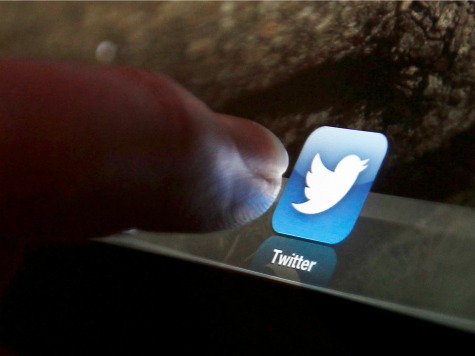
The Chicago Department of Public Health has developed a unique program using Twitter to track Chicagoans complaining about food poisoning from local restaurants in order to launch surprise health inspections on city restaurants.
Starting last year, the Chicago Health Department contracted with a developer to create a Twitter app that tracked people saying they were suffering from food poisoning in Chicago. After being alerted, the agency would then tweet follow-up questions to the sufferers and ask them to fill out a Health Department complaint form.
The program, named Foodbourne Chicago, is dedicated, the city says, to “improving lives in Chicago through technology.”
“The CDPH Food Protection Division fielded 1859 complaints in 2013, leading to 174 restaurant investigations for suspected food poisoning per year,” the agency says at its website. “The CDC estimates, however, that approximately 45% of foodborne illness goes unreported. The average resident may be unaware that they can file a complaint, much less how to file a complaint.”
According to US News, the 133 surprise health inspections the agency’s Twitter-based tracking program triggered represented 7 percent of the city’s inspections. While 90 percent of all the health inspections found one violation, the Twitter-based inspections had higher results.
“Of the restaurants Foodborne Chicago users reported,” the magazine wrote, “20 percent had at least one critical violation compared with 16 percent of other inspections. Critical violations must be fixed immediately or the restaurant fails the inspection and is shut down.”
As a result of the program, 21 restaurants were closed down by city inspectors. Another 33 percent satisfied the requirements to correct conditions.
Daniel O’Neil, the executive director of Smart Chicago, who helped the city develop the app, told the magazine that he feels this is a way to use “big data” for good.
“Big data, as I see it being practiced, there’s very little direct engagement with people. All the data related to health care is generated from human beings and is crucial to the health and wellness of human beings. I think this project shows one way for big data to always be driven down to the human being and helping people. We need to always take it from big to small and always find out how technology can be of big use to people,” he said.
Growing the power of government to track down health code violations is O’Neil’s donation toward the use of big data.
Follow Warner Todd Huston on Twitter @warnerthuston or email the author at igcolonel@hotmail.com.

COMMENTS
Please let us know if you're having issues with commenting.